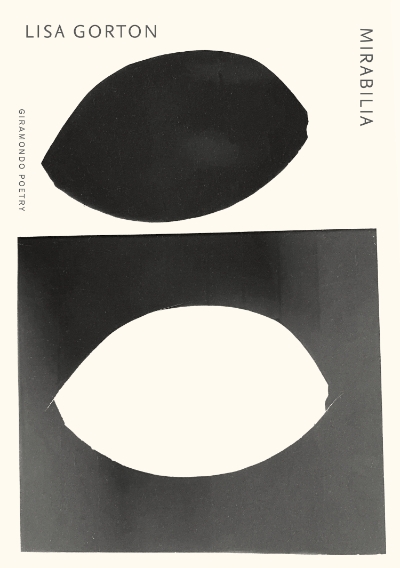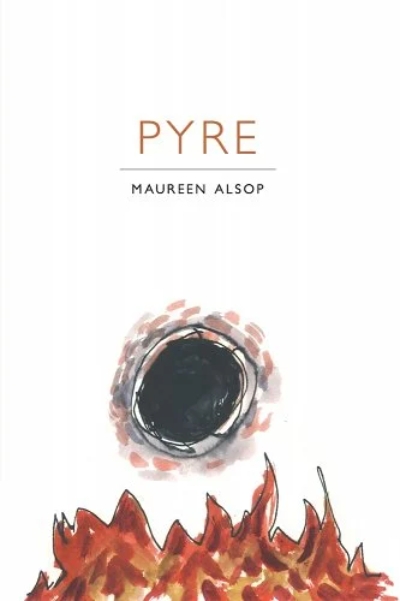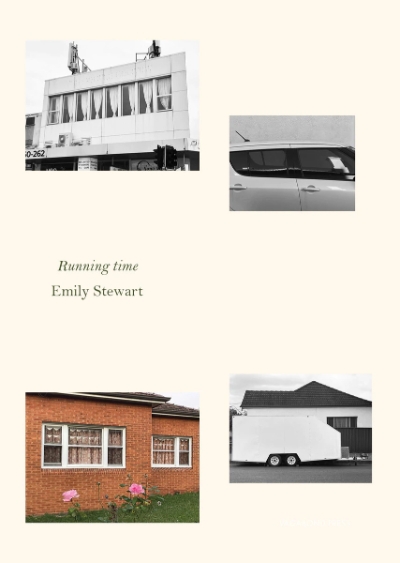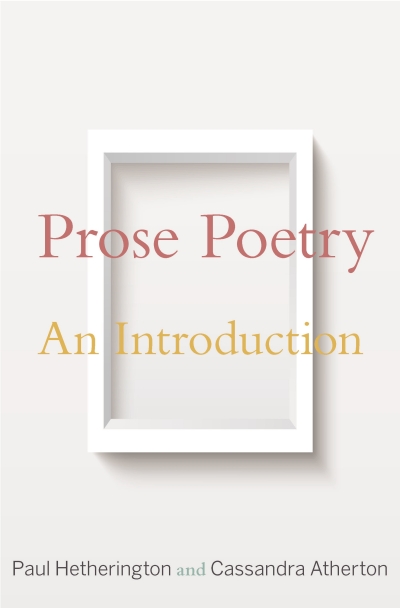Anders Villani

Anders Villani holds an MFA from the University of Michigan’s Helen Zell Writers’ Program, where he received the Delbanco Prize for poetry. His first full-length collection, Aril Wire, was released in 2018 by Five Islands Press. A PhD candidate at Monash University, he lives in Melbourne.
‘Every sacred language,’ writes Octavio Paz, ‘is secret. And conversely: every secret language … borders on the sacred.’ In the liminal Pyre, poet Maureen Alsop traverses – and erodes – this secret/sacred border, which is also the border of life and death, ‘the valley between our language’ (‘North Channel’). Each of the book’s section titles is a variation on ‘Selenomancy ... (read more)
The lyric subject, literature’s most intimate ‘I’, has vexed critics for centuries. Is it the poet? Is it a fiction, a device? Or is the relation between author and speaker, as Jonathan Culler suggests, ‘indeterminate’, such that ‘any model … that attempts to fix or prescribe that relationship will be inadequate’? Two new award-winning Australian poetry collections offer fine-grain ... (read more)
When life hides behind the mulch of what lives, can they expect more than this refusal to hold each other in the open?
Lemongrass floss between molars, you wish for foxes. You tell me you don’t wish for them &nbs ... (read more)
Good poetry uncovers the secret in the manifest, and the manifest in the secret. Three new collections throw this paradox into vibrant, unsettling relief. Each book deserves a broad readership. Each beats back the lethargic thinking that has invaded society under the cover of the pandemic.
How to Make A Basket by Jazz Money University of Queensland Press, $24.99 pb, 136 pp
Two poems in Jazz Mone ... (read more)
It speaks volumes that almost a century and a half after Baudelaire’s Paris Spleen announced the modern prose poem, James Longenbach influentially defined poetry as ‘the sound of language organized in lines’. An otherness, bordering on illegitimacy, pervades what Cassandra Atherton and Paul Hetherington argue is ‘the most important new poetic form to emerge in English-language poetry since ... (read more)
A boy appears at school earlyto lick the flagpole and speak different.Scratch the ‘g’ from ‘listening’
like the girl he watcheshang her beaded bagfrom the hook with all the grace he doesn’t know
he heaps upon her.At recess, the boy eats a golden delicious,seed and stem. Each instant a northswept
southerner in Nonna’s stories, losing dialect.Kids jigsaw around him; he stays stillfast ... (read more)
In 1795, Friedrich Schiller wrote: ‘So long as we were mere children of nature, we were both happy and perfect; we have become free, and have lost both.’ For Schiller, it was the poet’s task to ‘lead mankind … onward’ to a reunification with nature, and thereby with the self. Central to Romantic thought, reimaginings like Schiller’s of Christian allegory, in which (European) humans ... (read more)
‘Even if truth be drawn from the work,’ writes Maurice Blanchot, ‘the work overruns it, takes it back into itself to bury and hide it.’ This strange, poetic movement to conceal what is manifest brings to mind another statement, by the psychiatrist and author Judith Herman: ‘The conflict between the will to deny horrible events and the will to proclaim them aloud is the central dialectic ... (read more)





